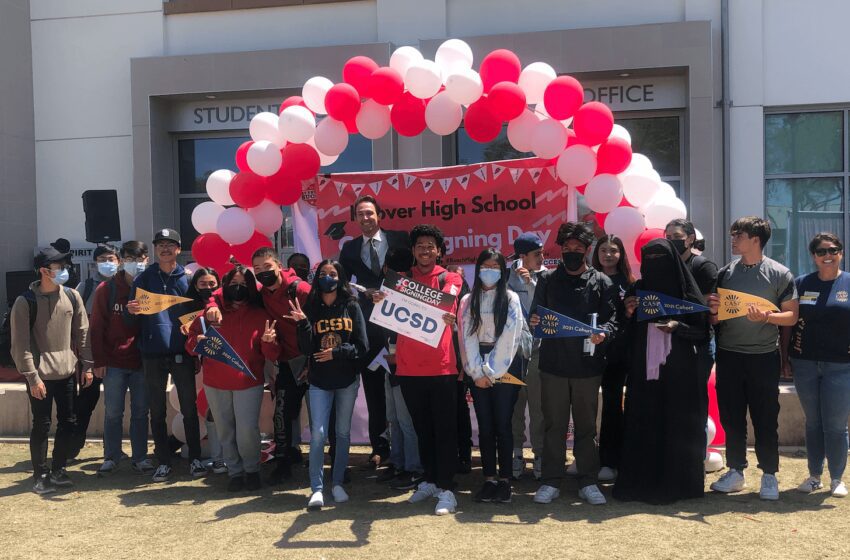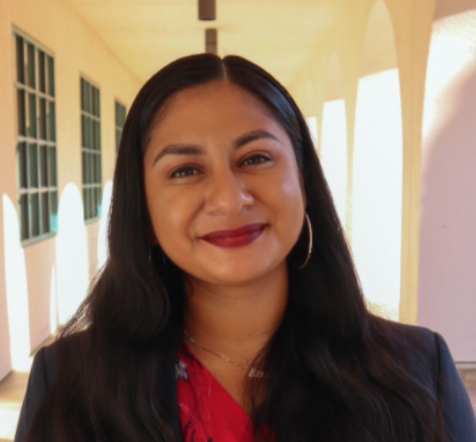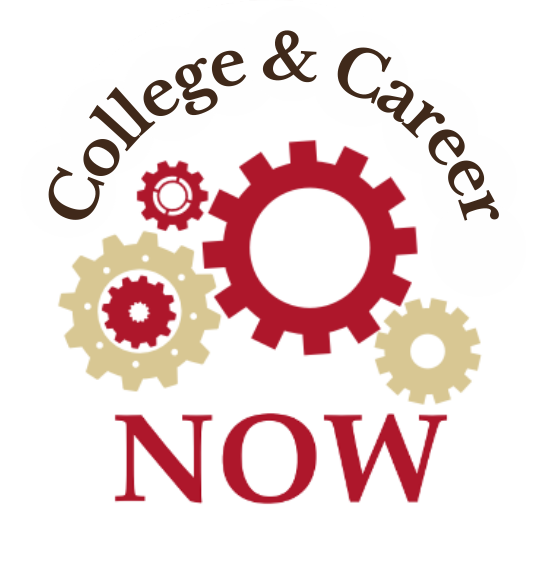
Building Student-Driven College & Career Access Programming- Part 2
By Rocio Zamora
Director of College Enrollment, Center for Equity and Postsecondary Attainment, San Diego State University
I believe that the people who are closest to the problem should be centered when finding the solutions. Therefore, when addressing the problems of access to higher education, it is necessary to center student voices, particularly those from historically marginalized backgrounds. As the Director of College Enrollment for SDSU’s Center for Equity and Postsecondary Attainment, I have had the privilege of participating in the redesigning of a college and career access program. Typically, most college access programs are created by adults for students with very few if any student input. However, our team took a student-centered approach that reimagined college access and preparation services. Among many changes that we made, some of the most notable were that we decided to support students towards multiple post-secondary pathways rather than solely push for a four-year college pathway. We also decided to reject the standard college program application process and decided to serve all students who expressed a desire to receive support. This resulted in creating the Avenues for Success program at Hoover High School, which serves predominantly low-income, first-generation, and students of color.
As a college access advocate, one concept that guides me is self-determination. Self-determination is the process in which a person controls their own life, which due to systemic oppression has been denied to many marginalized populations. In the context of education, self-determination to me looks like creating more post-secondary opportunities for students, informing them about all the options they have post-high school graduation and equipping them for the option that they choose. We cannot push them into one pathway that we as adults deem is best for them, rather we must support their own agency to make their own decisions. Through Avenues for Success, we provide advising and support for 2-year college, 4-year college, or direct workforce pathways. Most low-income students don’t have the privilege of being solely students. Many have to be students and workers. As the pandemic has exacerbated economic inequalities, this has been even more relevant. Financial hardships have increased the pressure and need for low-income students to go directly into the workforce so that they can meet immediate financial needs. Therefore, it is critical that we provide support for students who want to go directly into the workforce. These students deserve as much support as the student who has the privilege of going directly into a four-year university. At Avenues for Success, we are working with career access organizations to connect our students to apprenticeships, job opportunities, and career exploration. We are also providing support to students who choose to go to community college. Oftentimes this is the option that better fits the schedule and financial need of students who plan to work and go to school. It is also important to note that community college remains a more affordable option for students with limited financial resources, such as undocumented students. Our team has been working hard to build partnerships with community colleges to successfully enroll students and connect them to the resources on those campuses.
I believe that knowledge about postsecondary pathways such as college prep information, should be available for all rather than gatekept. Too often, college support is treated as an exclusive privilege. For example, students often have to prove themselves in an application and go through an interview, academic screening, letters of recommendation, and more to receive services. This practice, though perhaps not intentionally, sends the message that some students are deserving of college support while some are not. It also sends the message that there is a specific prototype of what a college-bound student looks like instead of sending the message that college can be for anyone. Programs that focus on expanding access should not reinforce practices of exclusion. I am always inspired by marginalized students who have excelled despite numerous systemic educational barriers. These students have demonstrated to be exceptional and their exceptionalism is rewarded with more support. Although they are deserving of support, so are the students that have not been able to overcome the barriers of an inequitable educational system not designed to meet the needs of marginalized students. I hope that as practitioners we can shift our approach from only focusing on the exceptions towards changing the rules of the game and reaching the students that have had the least support. With this in mind, our team was intentional about the way we enrolled students into our program. We decided to create an interest form instead of an application and accepted every student who filled out the interest form. We also rejected having a GPA requirement as well as an extensive application process. Additionally, we provided college and career services that were open to any student from the high school. Through this practice, we upheld the belief that every student who is asking for help, is deserving of it.
It has been a privilege and honor to create a program that expands opportunities for marginalized populations. We are still making further developments in our program, but I am proud of the progress we have made thus far. I invite you to learn more about our process and engage in a conversation about reimagining college access programs by attending our webinar this Friday July 29, 2022 from 12:00pm to 1:00pm via zoom.

Rocio Zamora
Rocio Zamora is the Director of College Enrollment with the Center for Equity and Postsecondary Attainment at San Diego State University. She recently completed a State Policy Fellowship with the Women’s Foundation of California, where she drafted and helped pass state legislation rooted in gender and racial justice. She has been with SDSU since 2015 where she recently served as an Outreach Specialist for the Office of Educational Opportunity Programs and Ethnic Affairs. In this role, she coordinated college outreach initiatives for first-generation and low-income students from across the state, acted as the lead coordinator for the BEST Summer Bridge Program, and founded the EOP RISE Volunteer Program. In addition, she previously served as the Assistant Coordinator for the Center for Educational Partnerships, Outreach and Success. As Assistant Coordinator, she guided students from the Sweetwater Union High School District towards successful completion of the Compact for Success requirements, oversaw the Compact for Success Mentoring program, and supported the Price Community Scholars program. Prior to this, she worked for Upward Bound and Girls Incorporated. She received her Bachelor’s Degree from the University of California, Santa Cruz and her Master’s degree in Postsecondary Educational Leadership from San Diego State University. Her experience becoming the first in her family to graduate high school and earn a college degree is what fuels her passion towards creating educational equity, fighting for social justice, and supporting communities from historically marginalized backgrounds.
